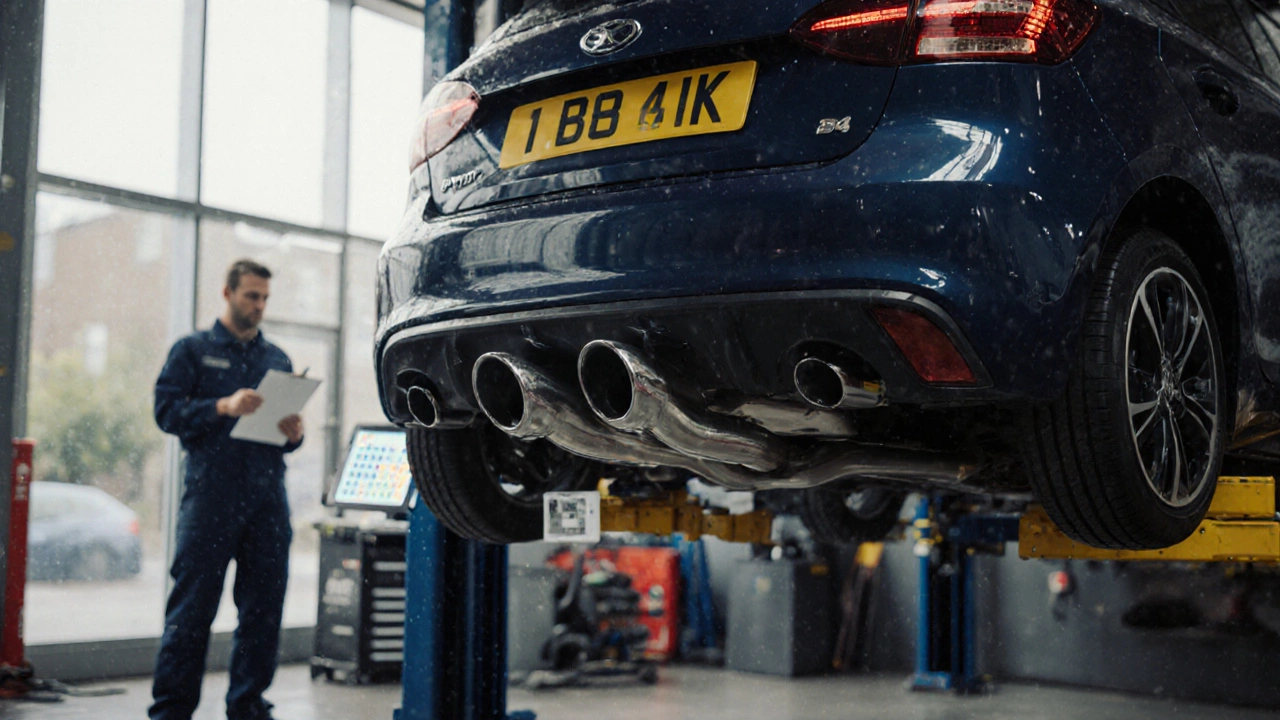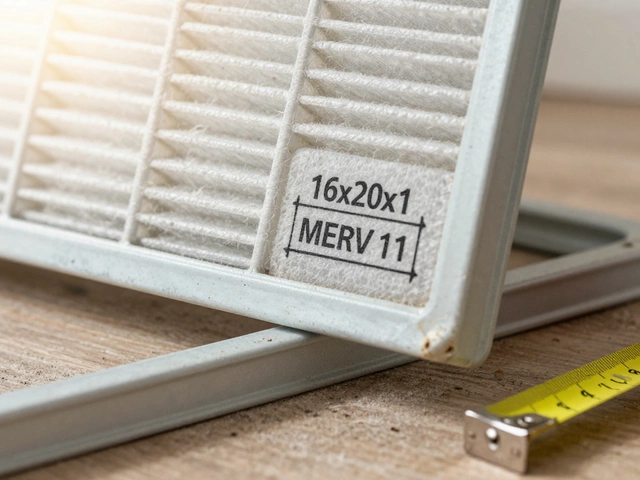Exhaust Replacement Cost: Real Prices and Smart Savings
When your exhaust starts rattling or you notice a drop in performance, it’s time to think about a replacement. Most drivers assume the bill will be huge, but the actual cost depends on a few clear factors. Knowing those factors helps you avoid surprise charges and plan a budget that works for you.
What Affects the Price of a New Exhaust?
First, the type of exhaust you need matters. An OEM (original equipment manufacturer) part matches the exact specs of your car and usually costs more than a quality aftermarket alternative. For a compact hatchback, a basic steel pipe can be under £100, while a premium stainless‑steel system for a performance sedan can top £600.
Labour is the next big piece of the puzzle. A simple bolt‑on replacement on a front‑wheel‑drive car may take an hour, costing around £70‑£90 at a local garage. If the job requires removing the sub‑frame, cutting rusted brackets, or fitting a custom muffler, labour can rise to £150‑£250.
Vehicle make and model also influence the bill. Cars with hidden exhaust routes, like many SUVs, need more disassembly, which adds both time and parts (gaskets, hangers, clamps). On the other hand, a straightforward rear‑engine layout can be quicker and cheaper.Location plays a role too. Shops in larger cities often charge higher rates than community garages in smaller towns. In Northwich, you’ll typically see moderate pricing, especially at independent centres focused on value.
Finally, extra services such as a corrosion‑proof coating, a performance upgrade, or an MOT check add to the total. These are optional, but they can extend the life of the new exhaust and save you money later.
How to Keep Your Exhaust Replacement Costs Low
Start by getting at least three written quotes. A quick call to local garages – including Northwich Tyres Centre – will give you a baseline and show who provides clear breakdowns of parts and labour.
If you’re comfortable with basic tools, consider doing the removal yourself. The main steps are lifting the car safely, loosening the exhaust clamps, and swapping in the new pipe. You’ll still need a professional to torque bolts to spec and check for leaks, but the labour saving can be £50‑£100.
Choose a reputable aftermarket brand that offers a warranty. Many mid‑range exhausts come with a 2‑year rust‑proof guarantee and perform just as well as OEM parts for everyday driving.
Combine the exhaust job with other scheduled maintenance – wheel alignment, brake pad replacement, or tyre fitting. Shops often give a discount when you bundle services, and you avoid multiple visits.
Regularly inspect the exhaust for rust, holes, or loose brackets. Catching a small problem early can prevent a full‑system failure, which is much more expensive.
Ask the garage about a “price match” or “no‑hidden‑fees” policy. Transparent shops list parts cost, hourly rate, and any additional fees up front, so you know exactly what you’re paying for.
Remember that a cheap exhaust might save money today but could rust faster, costing you more in a year. Balance upfront price with long‑term durability.
At Northwich Tyres Centre we offer a clear price list for exhaust replacements, with both OEM and quality aftermarket options. Our technicians explain each step, so you never feel blindsided by the bill.
In summary, the price of an exhaust replacement in the UK typically ranges from £150 for a basic bolt‑on job on a small car, up to £800 for a full performance system on a high‑end model. By understanding the parts, labour, and optional extras, you can make an informed choice and keep the cost under control.
Ready to get a quote? Call your local garage, ask for a detailed estimate, and compare it with what Northwich Tyres Centre can offer. A little research now means a smoother, quieter ride later without breaking the bank.
 2 October 2025
2 October 2025
New Exhaust System Cost: UK Price Guide 2025
Discover UK price ranges for a new exhaust system in 2025, from budget kits to performance setups, with labour costs, DIY tips and a handy comparison table.
Tags
- car maintenance
- engine oil
- spark plugs
- brake pads
- engine performance
- vehicle maintenance
- spark plug replacement
- windshield wipers
- fuel pump
- suspension parts
- clutch replacement
- oil change
- clutch kit
- car performance
- air filters
- car suspension
- car radiator
- exhaust systems
- engine misfire
- fuel pump failure






0